
There is no substitute for understanding one’s patient as an individual, and treating accordingly, keeping in mind the possibility that not all psychosis is schizophrenia and that moodiness may or may not indicate a place in the bipolar spectrum.

There is no substitute for understanding one’s patient as an individual, and treating accordingly, keeping in mind the possibility that not all psychosis is schizophrenia and that moodiness may or may not indicate a place in the bipolar spectrum.

What is the actual risk of suicide attempts or suicide death in people with bipolar disorder? How does a BD diagnosis affect short-term and long-term suicide risk? How should a BD diagnosis help guide us toward the most effective suicide prevention strategies?
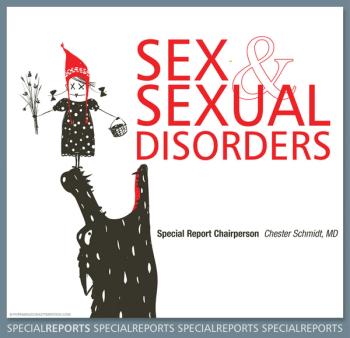
Four clinical reports indicate that in the last 30 years, we have come a long way in the exploration and study of sex and sexual disorders.

Here: basic concepts behind sexual consent capacity and guidance on how to pursue capacity assessments.

The road to recovery for human trafficking victims is intense and requires intervention and care on multiple comprehensive levels.

There has been much progress in both the conceptualization and the treatment of vaginismus in the past 15 years. Details here.

“Once a pedophile always a pedophile” is so 30 years ago. The author updates the realities about sex offenders and why psychiatrists should be more optimistic about their patients’ prognoses.
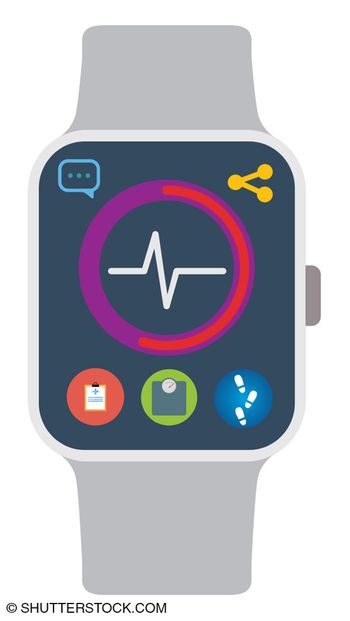
Can a wearable device improve mental health outcomes?

The very traits that define a good physician make it difficult for most doctors to prioritize basic self-care. Many fail to notice early signs of dysfunction.

Collaboration between the psychiatric nurse practitioner and psychiatrist will be part of the solution to the workforce issue that leaves so many underserved patients without good mental health care.

Children in foster care; combat vets; physicians with mental health needs: Dr Koh introduces a series of articles on these and other special patient populations.

Leaving the military is not an easy or simple process. Here is one psychiatrist's personal story.

Here's how the general psychiatrist can play a greater role in better outcomes for children in foster care.
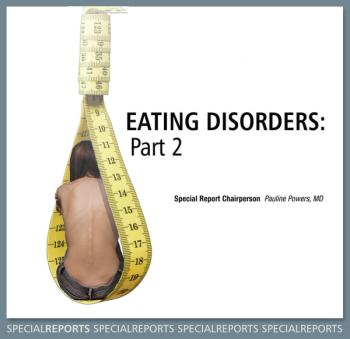
A special collection of current clinical work and issues surrounding eating disorders-specifically comorbidity, prevalence in men, and mortality.

A 20-year-old college sophomore with “depression and anxiety,” who is exercising ferociously and who is literally dying to lose more weight sets the stage.

Eating disorders are still thought of as a “female problem.” But 25% of those with anorexia and 36% of those with bulimia are males.

You must assess the presenting problem and identify the appropriate diagnostic code needed for insurance billing. But diagnosis is complicated. Help here.
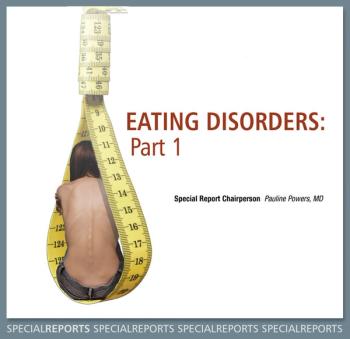
Leaders in the field provide specific, effective interventions for these debilitating disorders.

An introduction to our 2-part Special Report on eating disorders, including neurobiology of eating disorders, nutritional needs of patients, clinical response to psychosis, and more.
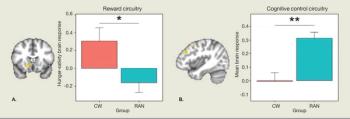
New insights into neural pathways that play a role in anorexia nervosa, bulimia nervosa, and binge eating disorder.

Eating disorders are second only to substance-abuse disorders in having the highest mental illness mortality rate. How do we assist the patient in moving forward?
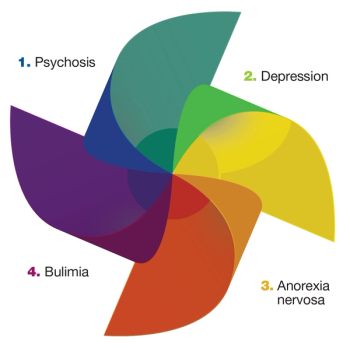
What is the clinical response to the occasional presence of psychotic symptoms among patients with eating disorders?
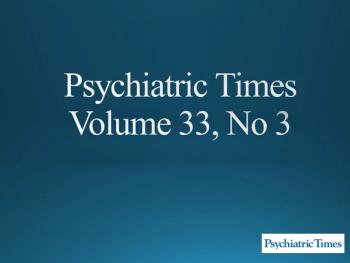
Check out what's new in schizophrenia research, personality disorders, patient education, integrative psychiatry, addiction, and more.
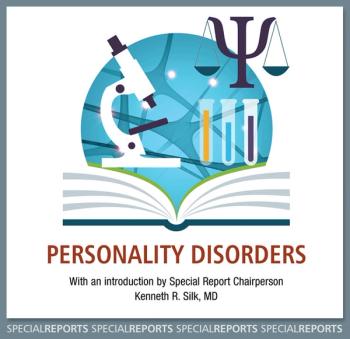
Here's what's new in personality disorders: DBT treatment, DSM-5 criteria, borderline personality disorder, narcissistic personalities, and mentalization-based treatments.
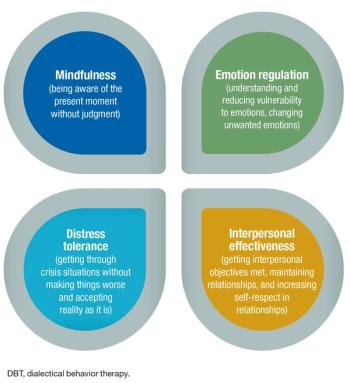
The latest research on DBT for treating psychiatric disorders, such as ADHD, bipolar disorder, eating disorders, and depression.
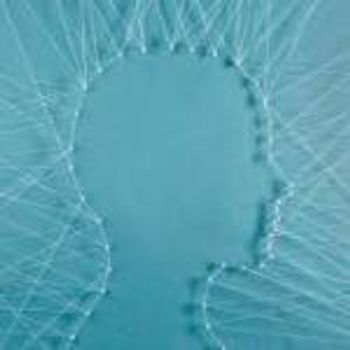
There is more to BPD than meets the eye. A complex interaction exists between environmental, anatomical, functional, genetic, and epigenetic factors.
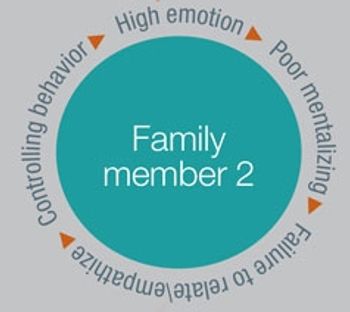
MBT presents a compromise to bridge the valuable history of psychoanalytic ideas to both modern psychiatric research as well as present public health needs and practice.
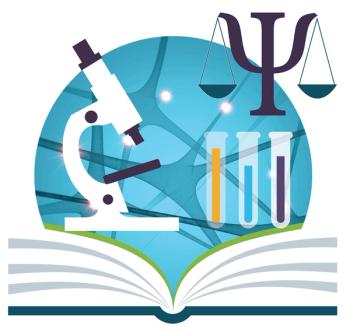
An exploration topics that are relevant to most clinicians who work with patients with personality disorders.

Despite its survival and final inclusion in DSM-5, narcissistic personality disorder remains a controversial diagnosis. Here: perspectives on diagnosis, treatment, and prognosis.

Personality disorders are arguably the most challenging for psychiatrists because they are difficult to diagnose and frequently coexist with psychotic, affective, and anxiety disorders.